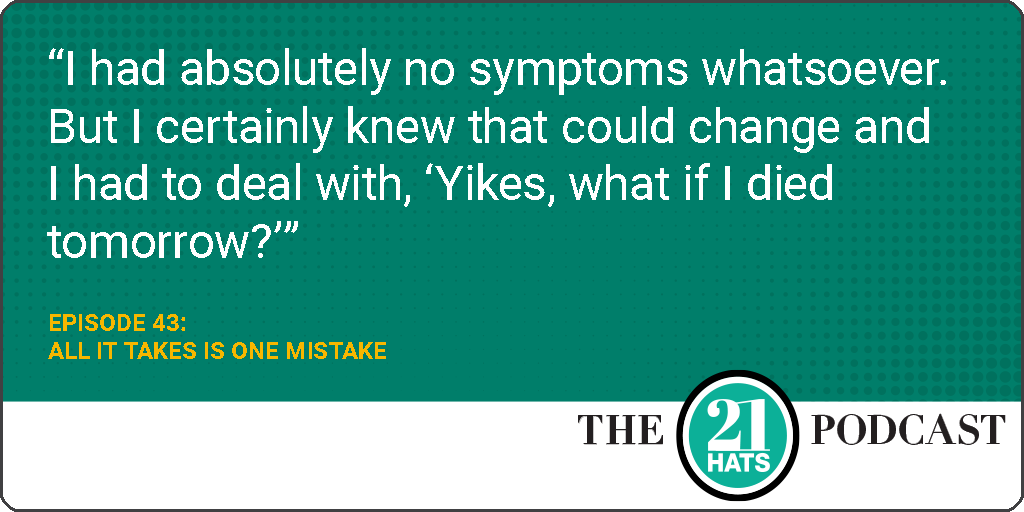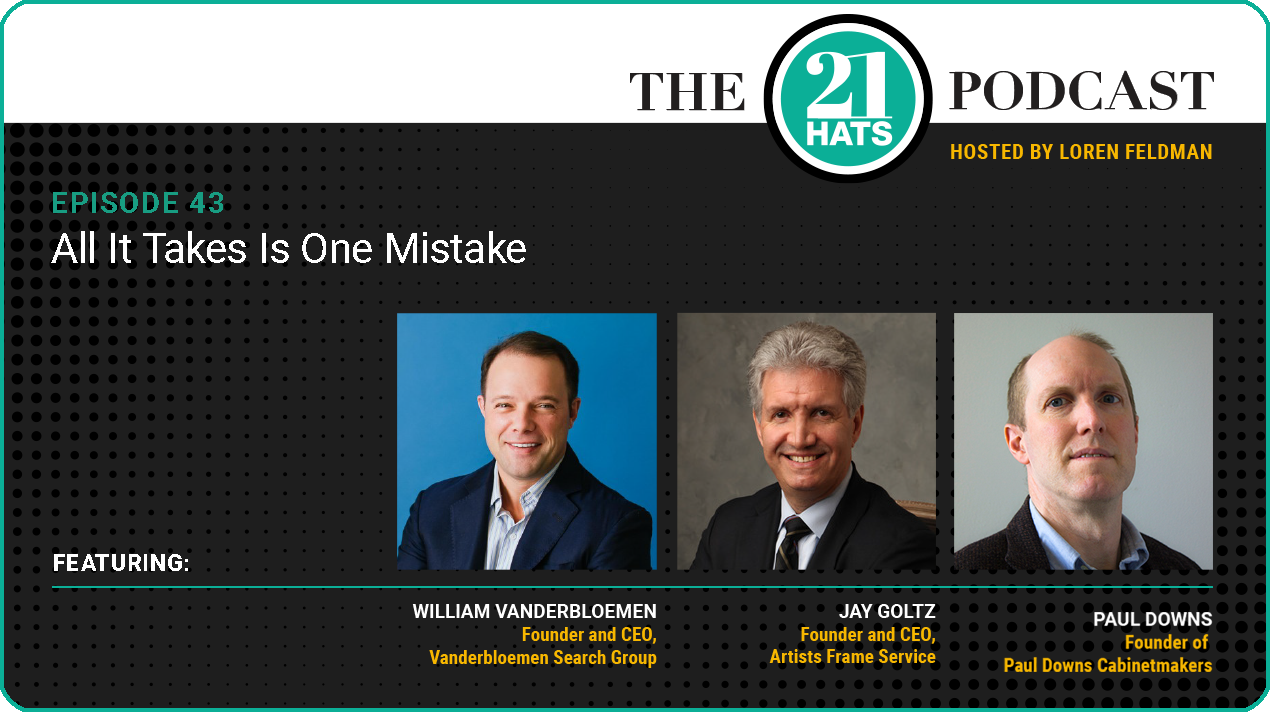Private Equity Firms Lock in Gains
Today’s highlights: Walmart tests selling on TikTok. States offer enhanced liability protection. And will the economy take off in 2021?
FINANCE
Here’s yet another reason to love private equity firms: “When the economy struggles, businesses typically hunker down and preserve cash by cutting spending and dividends. During the Covid-19 slowdown, companies controlled by private-equity firms have often gone the other way, borrowing heavily to pay big dividends to their owners. The payouts boost returns for private-equity firms but can load their companies’ balance sheets with heavy debt at a precarious moment. The maneuvers can leave companies in weaker financial shape, while helping private-equity firms lock in gains, often a few years after their initial investments.”
“The aggressive use of debt at companies like Wheel Pros is part of private-equity firms’ playbooks.”
“It is one reason they grew from a niche corner of Wall Street to investing leviathans over the last few decades.” READ MORE
MARKETING
Walmart is running a test of live-streamed video shopping on TikTok: “During a Walmart livestream, TikTok users will be able to shop from Walmart’s fashion items without having to leave the TikTok app, in a pilot of TikTok’s new ‘shoppable product.’ The fashion items themselves will be featured in content from 10 TikTok creators, led by host Michael Le, whose TikTok dances have earned him 43+ million fans. Other creators will be more up-and-coming stars, like Devan Anderson, Taylor Hage and Zahra Hashimee.”
“As products are shown on screen, pins will pop-up that users can tap to add the item to their cart. They’re then directed to a mobile checkout experience.”
“Alternatively, customers can choose to tap on a shopping cart pin at the end of the event to look through all the items featured and select what they’d like to purchase.” READ MORE
LIABILITY PROTECTION
Mitch McConnell dropped his demand for enhanced Covid-19 liability protection for businesses—but many states have already enacted it: “In Louisiana, for instance, a law passed in June limits liability for restaurants that comply with guidelines for serving takeout food during the pandemic unless the plaintiff can show clear and convincing evidence of gross negligence, or willful and wanton misconduct, or violation of government guidance. Also in June, Arkansas's governor issued an executive order protecting businesses that open or remain open during the pandemic from civil liability for damages or injuries from exposure to Covid-19 at work. The protections don't include willful, reckless, or intentional misconduct--in other words a business that complies with state health and safety guidelines would get a safe harbor.”
“The list includes states that enacted fewer protections, says Neil Bradley, U.S. Chamber of Commerce chief policy officer.
“‘It varies pretty widely,’ he says, noting that states such as New York and Massachusetts have enacted protections for health care providers or health care professionals and volunteers--that is, doctors and nurses who show up and volunteer.” READ MORE
OPPORTUNITIES
An upscale furniture manufacturer has shifted to virus barriers: “For almost 60 years, Plexi-Craft Quality Products in the Bronx has been turning out chic, mod-looking coffee tables, chairs and even tissue boxes, made with crystal-clear acrylic resin. But when the coronavirus struck in March, its factory, the city’s last surviving acrylic furniture maker, temporarily closed. But something unexpected happened around May. Doctors, banks, hotels, downtown office buildings and restaurants started contacting the company with requests for shields to keep their workers and customers safe. Now Plexi-Craft is busier than ever, shaping its acrylic resin (also known under brand names like Lucite and Plexiglas) into transparent barriers that allow the businesses of New York to do what they do.”
“Before the pandemic, the company had occasionally made protective guards, but its primary focus had been on its $15,000 desks, $5,000 coffee tables and $1,500 Z-shape chairs.”
“Federal Paycheck Protection Program grants, as well as the demand for the barriers, allowed Plexi-Craft to rehire all of its 14 workers in May. They work in a socially distanced environment and undergo daily health and temperature checks.”
“‘It’s been busy but not crazy,’ Mr. Kretschman said. ‘Crazy will start when office workers start returning to their jobs.’” READ MORE
THE 21 HATS CONVERSATION
Stephanie Stuckey bought back the iconic business her grandfather founded. In this video she discusses her strategy for re-introducing the brand and her vision for what Stuckey’s can be.
THE ECONOMY
An economist predicts the economy will take off in 2021: “Meanwhile, our leap into the future of work will create new opportunities. Now that remote work is more widely accepted, many employees will no longer be tied to high-cost urban centers that previously had held a monopoly on certain kinds of jobs. They’ll be able to move to places where one can actually build houses and raise a family comfortably. And as more people vote with their feet, state and local governments will have to become more responsive, whether on taxation and housing policy, school quality or police accountability. People will continue to save time and money formerly spent on commuting. We could start to see exciting new uses of physical space that employers no longer need. Office buildings could be converted into housing, parking garages into outdoor parks and parking lanes into bicycle paths.” READ MORE
Are we about to see a resurgence in American manufacturing? “Yes, manufacturers who sell into ‘ground zero’ markets—aerospace and airlines, restaurants, hotels, office buildings, and oil and gas—have been particularly hard hit. But consumer-goods suppliers, like those who sell paper products, personal protective equipment and cleaning supplies, saw huge gains after the initial hit from the pandemic and can’t run their factories hard enough to keep up with demand. Hardware stores and HVAC suppliers are also experiencing tremendous growth; Americans have taken the savings from not traveling or eating out as frequently and spent heavily on their homes. Oil prices indicate a global economy in despair, but lumber prices indicate an economy in a boom.”
“With low interest rates and rising order books, we should start to see manufacturers playing offense again, such as boosting investments in both factories and new products.”
“The cost advantage of low-cost countries is not nearly as great as it once was.” READ MORE
TAXES
For companies moving from California to Texas, the tax savings will go to executives—not the businesses: “The announcements have highlighted the vastly different tax and regulatory systems in the country’s two most populous states. California relies more on taxing personal income, particularly of high-income households, and operates a growing regulatory structure. Texas leans on more regressive property and sales taxes and boasts a more laissez-faire environment. The biggest difference: High-paid executives who move can see their state income-tax bills go from 13.3 percent to nothing. But corporate investors hoping for big tax and other savings may need to temper their enthusiasm. Business-tax considerations are likely to prove secondary at best, tax and economic-development experts say.”
“They are dwarfed by the allure of more-affordable housing, lower cost of living and lighter regulatory burdens.”
“For companies, much of the difference between California and Texas boils down to ease and cost of hiring—not just now but down the road.” READ MORE
THE VIRUS
Southern California has run out of ICU beds, and it’s going to get worse: “With ICUs filled, hospitals will step up measures to ensure the sickest patients still get the highest levels of care possible. That often means moving some patients who would typically be in the intensive care unit to other areas of the hospital, such as a recovery area, or keeping them in the emergency room for longer than normal. The patients are still getting intensive care, and that strategy can work to a point. But eventually, there may be too many critically ill patients for the limited numbers of ICU doctors and nurses available, leading to greater chances of patients not getting the specialized care they need. And that can lead to increases in mortality.” READ MORE
THE 21 HATS PODCAST
Episode 43: All It Takes Is One Mistake: This week, in our final podcast of the year, Paul Downs, Jay Goltz, and William Vanderbloemen discuss the impact this year has had on their businesses and on themselves. William talks about the positive side of having to get back to a startup mentality: “It's definitely been a silver lining in the middle of a very dark cloud.” Paul talks about hoping he can offer his employees a good place to work for as long as possible: “I can give them probably another 10 years. And then beyond that, I don't know what will happen.” And Jay talks about the mistake he made that could have been fatal: “If I wouldn't have gotten the PPP money, I don't know…”
You can subscribe to The 21 Hats Podcast wherever you get podcasts.
You can also click on the button below to listen to the podcast or read a transcript.
Reply to this email if you have comments or questions for the podcast regulars.




